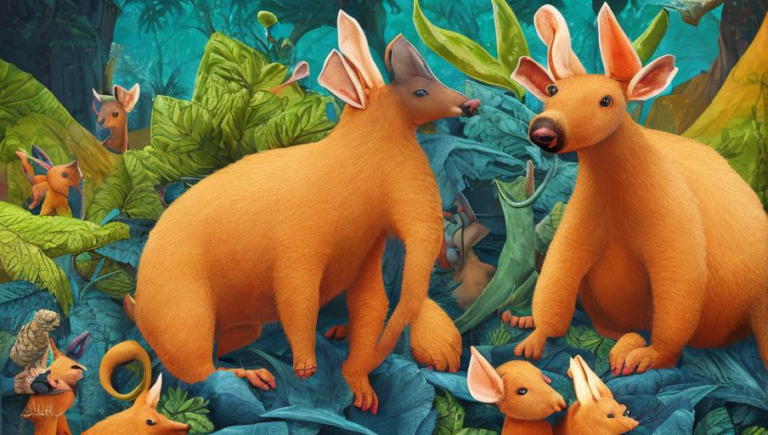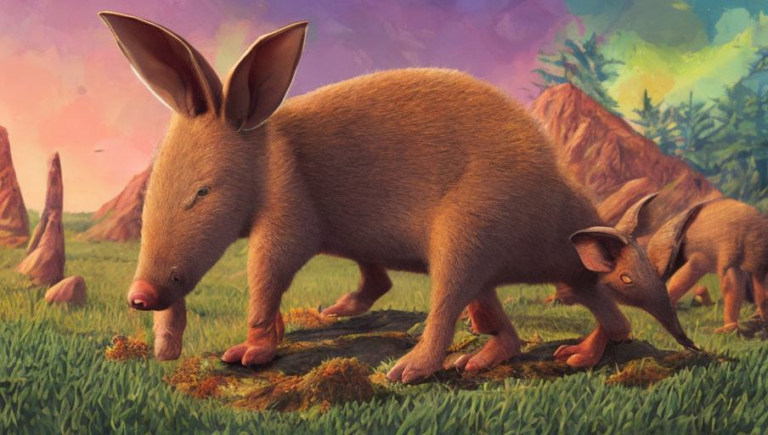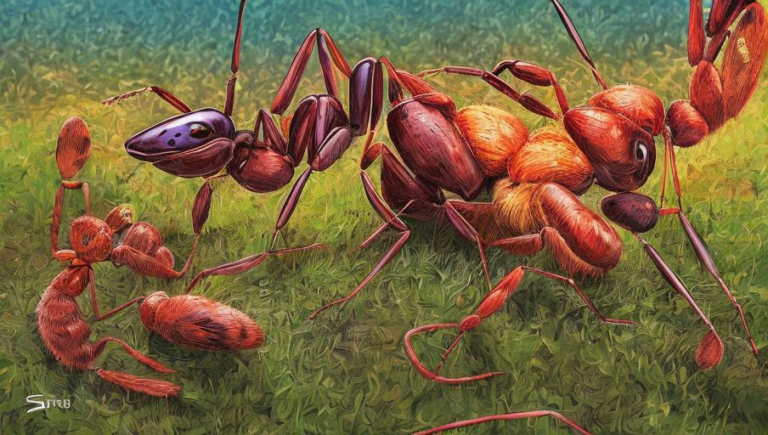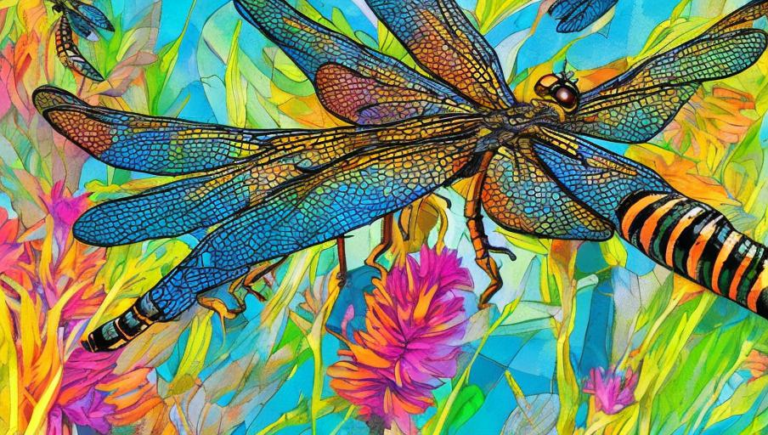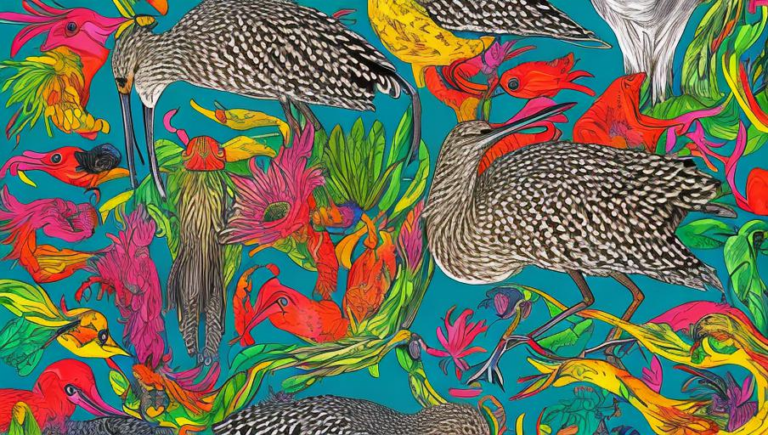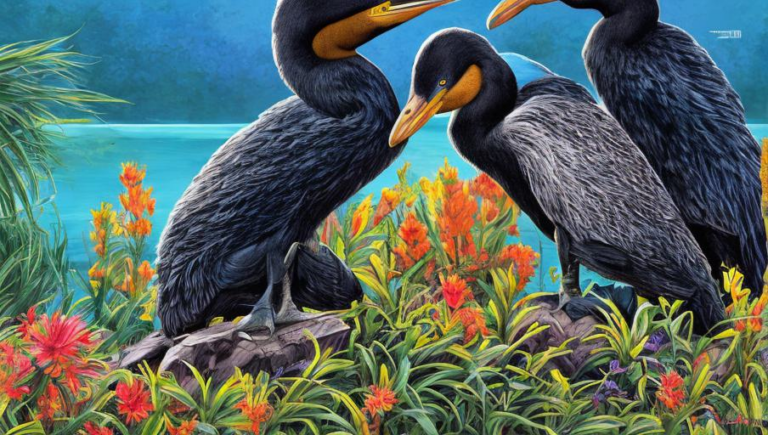Nutrition Intake of the Baboon
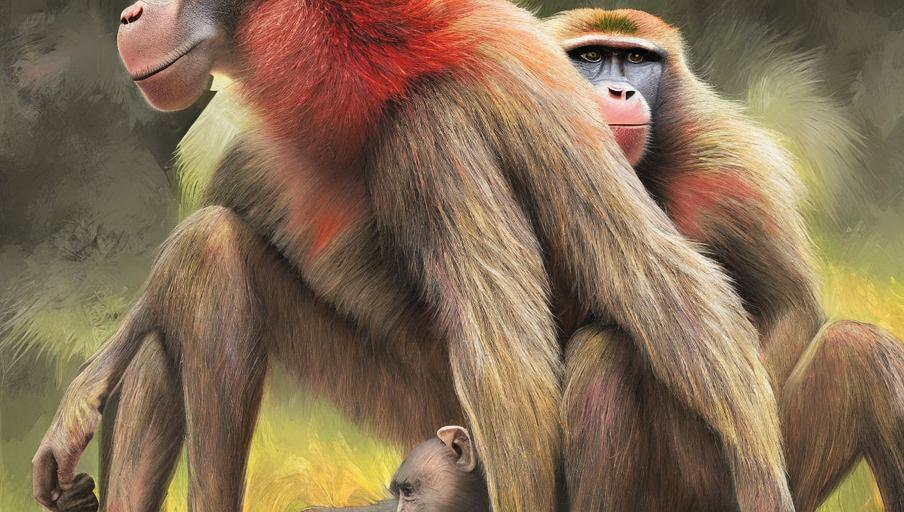
Nutrition Intake of the Baboon
Baboons are omnivorous primates that are native to Africa and the Arabian Peninsula. They are known for their intelligence and adaptability, and can survive in a variety of habitats. In order to thrive, baboons must maintain an adequate nutrition intake in order to fuel their active lifestyle and to ensure their health and well-being.
What Do Baboons Eat?
Baboons primarily feed on fruits, nuts, seeds, insects, small animals, and eggs. They are also opportunistic feeders, meaning they will often consume whatever is available. Baboons are able to digest a wide variety of foods, including those that other primates cannot. This allows them to take advantage of whatever food sources are available in their environment. Baboons have also been known to scavenge for food in human settlements.
Importance of Nutrition
A balanced diet is an essential part of a baboon’s health and nutrition. This diet should include proteins, carbohydrates, fats, vitamins, and minerals. Fruits and nuts provide baboons with essential vitamins and minerals, while insects and small animals provide proteins and fats. Baboons also need to consume a certain amount of water, as they do not have the ability to store water in their bodies like other primates.
Social Feeding Habits
Baboons eat in a social setting, with the alpha male baboon often receiving the first pick of the food. The other baboons will then wait until he has finished eating before they begin to feed. This hierarchical system helps to maintain order within the troop and to ensure everyone is getting enough to eat.
Foraging Patterns
Baboons are also known for their foraging patterns. They will often travel in large groups, with the female baboons usually leading the way. The females will take turns foraging for food, while the males will protect the group from predators. When food is found, the group will then settle down and feed.
Nutrition in Captivity
Baboons in captivity require a different diet than those in the wild. It is important for the keepers to provide a balanced diet, as well as enrichment activities to keep the baboons active and healthy. This includes providing them with a variety of fruits and vegetables, as well as nuts, seeds, insects, and other natural foods. Additionally, it is important to provide the baboons with access to clean water at all times.
Conclusion
Baboons are intelligent, social primates that need an adequate nutrition intake to maintain their health and well-being. A balanced diet of proteins, carbohydrates, fats, vitamins, and minerals is essential for their health. Additionally, providing enrichment activities and access to clean water is also important for baboons in captivity. By understanding the dietary needs of baboons, we can ensure that these fascinating creatures are properly taken care of and protected.
